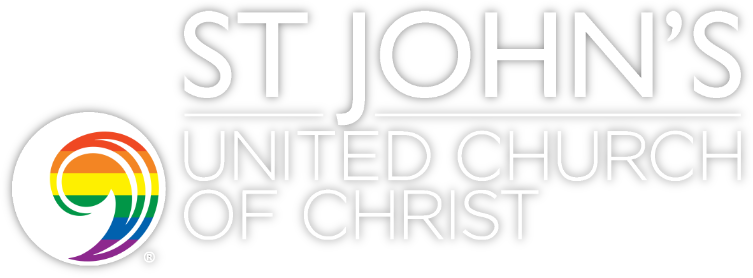Wednesday Evening Lecture and Discussion: How Jesus Became God (Dr. Bart Ehrman)
/Please join us! Every Wednesday evening for the next two months, we will continue to meet after the Wednesday Evening Service to listen to and then discuss Prof. Ehrman's lecture (online). We have had good conversations! You are most welcome to join even if you have not participated in the past.
Prof. Ehrman discusses how the church's understanding of Jesus developed in the first few centuries. We will view each video and talk afterward about what we've learned. Please join us as we listen, ponder, and discuss the concepts and questions raised in this course. There is no cost and no required book.
The next eight Wednesdays complete the course:
Was Christ Human? The Docetic View: In the second and third centuries, Christian groups followed radically different beliefs and theologies. Learn about the “docetists”, who believed Jesus was not human, but only appeared to be so, highlighting Marcion, a docetist who conceived of two distinct gods—a God of the Jews and a God of Jesus.
The Divided Christ of the Separationists: Among early Christian groups, the Gnostics demonstrate yet another view of the divinity of Jesus. Explore the fundamental tenets of Gnosticism, with its notion of secret knowledge as the source of salvation. Discover the Gnostic “separationist” view of Christ, according to which the divine Christ inhabited, temporarily, the human Jesus.
Christ’s Dual Nature - Proto-Orthodoxy: By the fourth century, the theological understanding known as “orthodoxy” became predominant. Investigate the relationship between orthodoxy and “heresy”, or conflicting conceptions of the faith, and evidence that orthodoxy was not the original form of Christianity. Learn about early “proto-orthodox” writers, and their contention that Jesus was both fully God and fully human.
The Birth of the Trinity: The doctrine of the Trinity asserts that God, Christ, and the Holy Spirit are all individually God. Look into the origins of this mysterious claim, noting that the Trinity appears nowhere in the Bible. Learn about the conception of “modalism”, which proposed that the three are manifestations of one being, and modalism’s opponents.
The Arian Controversy: In the third century, sharp divisions existed between Christians, involving how to explain the relation of God the Father to Christ and the Holy Spirit. Examine the proto-orthodox thought of Novatian and learn about the “Arian controversy” stemming from the highly divisive view of Christ as a subordinate deity created by God.
The Conversion of Constantine: The Christian conversion of the Roman emperor Constantine was a momentous turning point for the faith. Learn about the relationship of the Roman Empire to early Christianity, and the specific reasons why Christians were persecuted by Rome. Grasp Constantine’s motives for converting to Christianity and for becoming directly involved in theological controversies.
The Council of Nicea: Constantine called the famous Council of Nicea in 325 CE, to resolve the conflicting views of Christ’s divinity. Examine the theological issues at stake, pitting the Christological views of Arius against those of Alexander of Alexandria. Contemplate the political implications of the outcome, and the resulting orthodox creed, establishing Jesus fully as God.
Once Jesus Became God: Conclude by considering the historical ramifications of the Nicean affirmation that Jesus was God. Learn about the growing Christian faith’s effects on paganism and the advent of anti-Jewish thought and action. Observe how the theological debates continued, and review Jesus’s path to becoming the object of faith for billions today.















